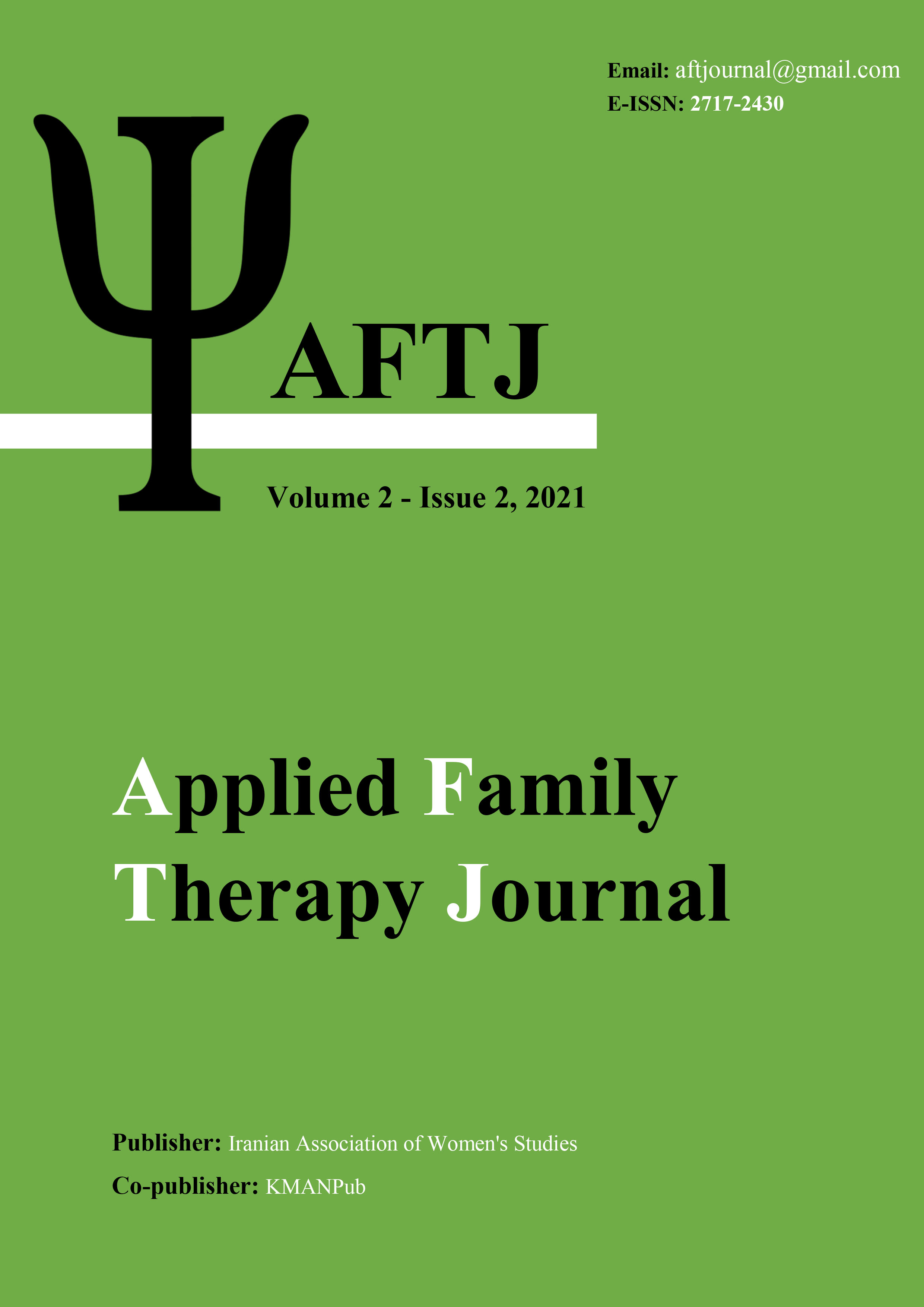Examining the role of emotional intelligence of newly married women and predicting the marital stability
Keywords:
emotional intelligence, newly married women, marital stabilityAbstract
Aim: The purpose of this research was to examine the role of emotional intelligence in newly married women and predict marriage stability. Methods: The current research is applied in terms of purpose and descriptive and correlational research methods. The statistical population of the present study was all the women of the 7th district of Tehran who has been married for at most one year. According to the total number of the population and Morgan's table, the sample size was estimated to be 150 people, and this number was selected by a simple random method. The research tools included the short emotional intelligence questionnaire of Chathe et al. (1998) and the marital instability questionnaire of Edwards et al. (1987). The data collected from the research tool was analyzed through SPSS-22 software and using Pearson's coefficient and multivariate regression analysis. Results: The findings of the research show that there is a negative correlation between the components of emotional intelligence and the degree of marital instability, and the regression analysis (R2 = 0.59) indicates that the components of emotional intelligence can predict the degree of marital instability (P<0.05). Conclusion: According to the findings, it can be concluded that emotional intelligence and the components of emotion regulation, evaluation, expression of emotion, and exploitation of emotion can predict the stability of marriage in newly married women.
Downloads
Downloads
Published
Issue
Section
License

This work is licensed under a Creative Commons Attribution-NonCommercial 4.0 International License.





















